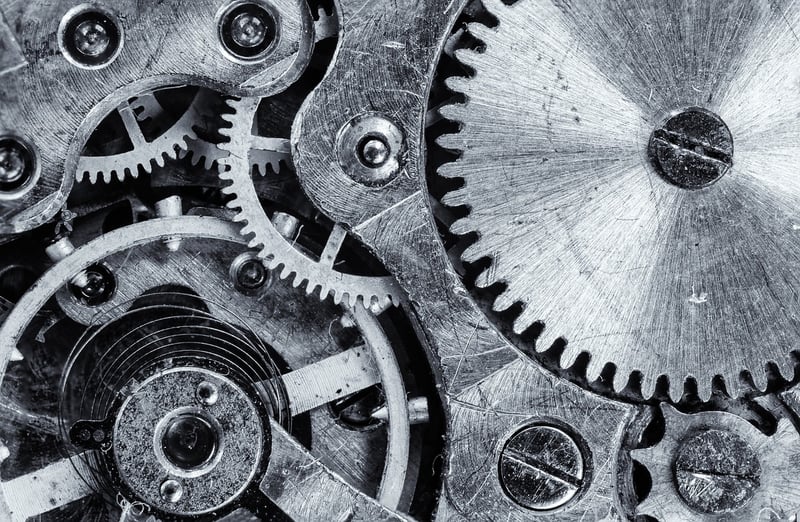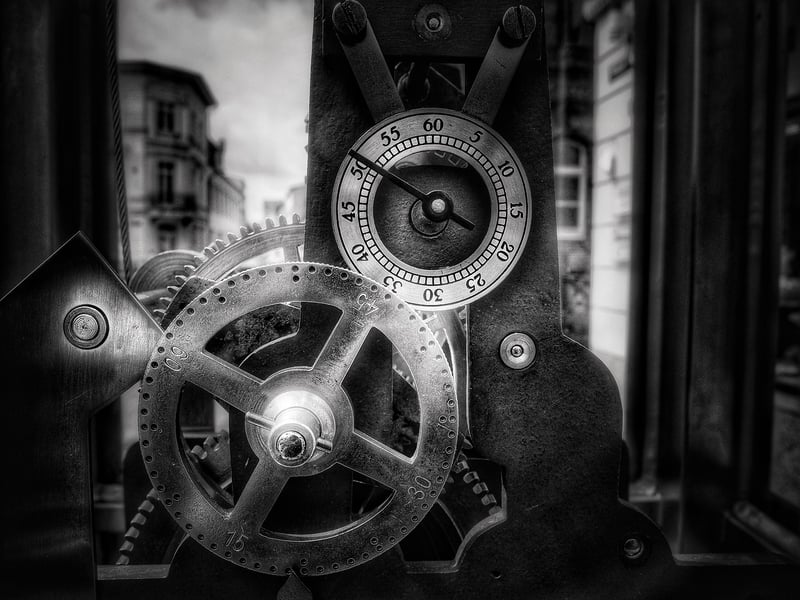Experimental Prototypes
Vehicles for Time Travel and Experimental Prototypes
Time travel has been a fascinating concept that has captured the imagination of many for years. While still considered theoretical, there have been various vehicles and experimental prototypes proposed in science fiction and even some in scientific research. Let's explore some of these intriguing concepts:
1. DeLorean DMC-12 - Back to the Future

The iconic DeLorean DMC-12 from the Back to the Future movie series is one of the most recognizable time machines in pop culture. With its flux capacitor powered by plutonium, this stainless steel car could travel through time when it hits 88 miles per hour.
2. TARDIS - Doctor Who

The TARDIS, a time machine from the British TV series Doctor Who, is much bigger on the inside than it appears on the outside. It can travel to any point in time and space, making it a versatile vehicle for the Doctor.
3. Flux Capacitor - Theoretical Concept

The flux capacitor, made famous by Back to the Future, is a fictional component that allows time travel. While a real flux capacitor doesn't exist, scientists continue to explore theoretical concepts that could one day make time travel a reality.
4. Project Pegasus - Experimental Prototype

Project Pegasus is a rumored experimental time travel program conducted by the U.S. government. While details are scarce and it remains shrouded in mystery, some believe that it involved groundbreaking research into temporal manipulation.
5. The Time Machine - H.G. Wells

In H.G. Wells' classic novel The Time Machine, the Time Traveler creates a device that allows him to travel through time. This early depiction of time travel has inspired countless other works of fiction exploring the concept.
While these vehicles and prototypes are mostly confined to the realms of fiction and speculation, the idea of time travel continues to intrigue scientists and enthusiasts alike. Who knows what the future holds in store for us in terms of temporal exploration?
